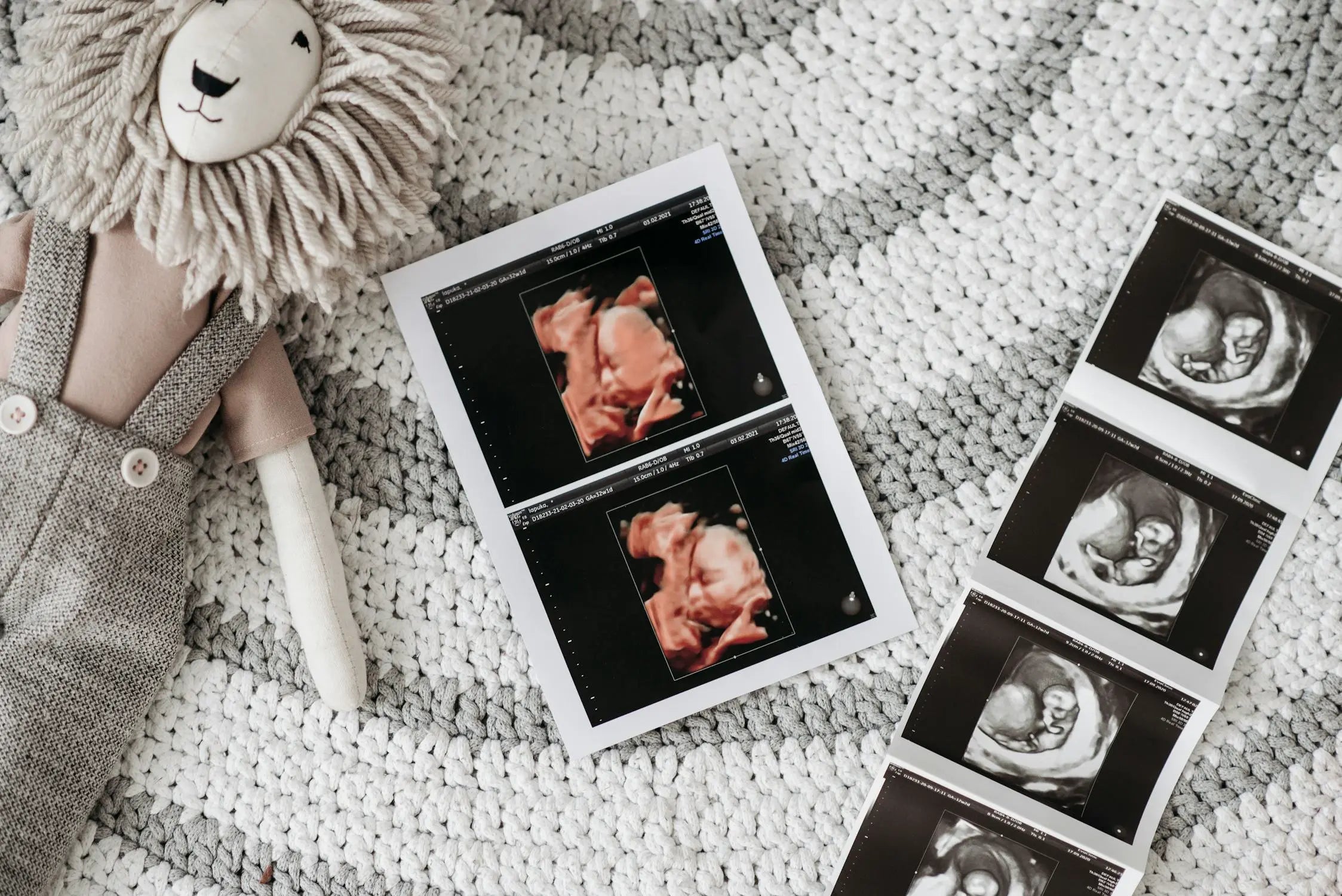Home
Pregnancy, Breastfeeding, and Pumping: The Ultimate Guide for Moms
Can You Get a Negative Pregnancy Test at 3 Weeks?

Can You Get a Negative Pregnancy Test at 3 Weeks?
When you're eagerly trying to conceive or suspect you might be pregnant, taking a pregnancy test can feel like a pivotal moment. But what happens when the result is negative, even though you're three weeks along? Can you get a negative pregnancy test at 3 weeks? The answer is yes, and understanding why can help you navigate this confusing time with clarity and confidence.
Understanding Pregnancy Timeline
Before diving into the reasons for a negative test, it's essential to understand how pregnancy is measured. Pregnancy is typically calculated from the first day of your last menstrual period (LMP), not from the date of conception. This means that at 3 weeks pregnant, you're actually only about 1 week post-conception. At this early stage, the levels of human chorionic gonadotropin (hCG), the pregnancy hormone detected by tests, may still be too low to register.
How Pregnancy Tests Work
Pregnancy tests detect the presence of hCG in urine or blood. This hormone is produced by the placenta shortly after a fertilized egg attaches to the uterine lining. However, hCG levels start very low and double approximately every 48 to 72 hours in early pregnancy. At 3 weeks, hCG levels might not yet be high enough to trigger a positive result on a home pregnancy test.
Reasons for a Negative Test at 3 Weeks
There are several reasons why you might get a negative pregnancy test at 3 weeks:
- Low hCG Levels: As mentioned, hCG levels may still be too low to detect at this stage.
- Testing Too Early: If you tested before the expected date of your period, the test might not be sensitive enough to detect pregnancy.
- Incorrect Test Usage: Not following the test instructions properly can lead to inaccurate results.
- Diluted Urine: Testing with diluted urine, especially in the afternoon, can affect the concentration of hCG.
- Chemical Pregnancy: In some cases, a very early miscarriage, known as a chemical pregnancy, can result in a negative test.
When to Retest
If you receive a negative result at 3 weeks but still suspect you might be pregnant, it's advisable to wait a few days and retest. By this time, hCG levels may have risen sufficiently to produce a positive result. Testing first thing in the morning, when urine is most concentrated, can also improve accuracy.
Other Signs of Early Pregnancy
While a pregnancy test is the most definitive way to confirm pregnancy, there are other early signs to watch for:
- Missed Period: This is often the first sign of pregnancy.
- Implantation Bleeding: Light spotting can occur when the fertilized egg attaches to the uterine lining.
- Breast Tenderness: Hormonal changes can cause breasts to feel sore or swollen.
- Fatigue: Increased progesterone levels can lead to feelings of exhaustion.
- Nausea: Morning sickness can begin as early as 3 weeks pregnant.
Seeking Medical Advice
If you continue to receive negative results but experience pregnancy symptoms, it's a good idea to consult a healthcare provider. They can perform a blood test, which is more sensitive than a urine test, to measure hCG levels accurately. Additionally, they can rule out other potential causes of your symptoms.
Emotional Impact of a Negative Test
Receiving a negative pregnancy test when you're hoping for a positive result can be emotionally challenging. It's important to acknowledge your feelings and seek support if needed. Remember that a negative test at 3 weeks doesn't necessarily mean you're not pregnant, and there's still hope for a positive result in the future.
Tips for Accurate Testing
To increase the likelihood of an accurate result, follow these tips:
- Wait for the Right Time: Test after your missed period for the most reliable results.
- Use a Sensitive Test: Some tests are designed to detect lower levels of hCG.
- Follow Instructions: Read and follow the test instructions carefully.
- Test in the Morning: Use your first-morning urine for the highest concentration of hCG.
Navigating the uncertainty of early pregnancy can be stressful, but understanding the factors that influence test results can provide some peace of mind. If you're still unsure, don't hesitate to reach out to a healthcare professional for guidance. Remember, every pregnancy journey is unique, and patience is key.
Share

